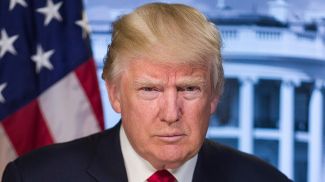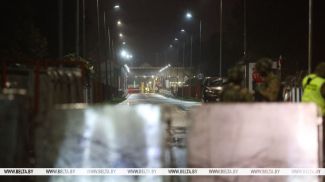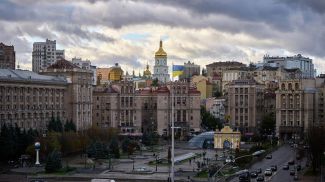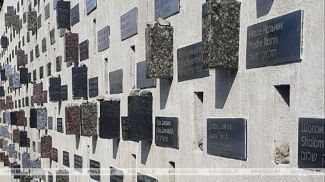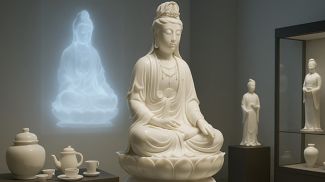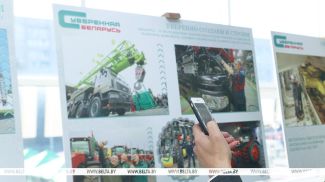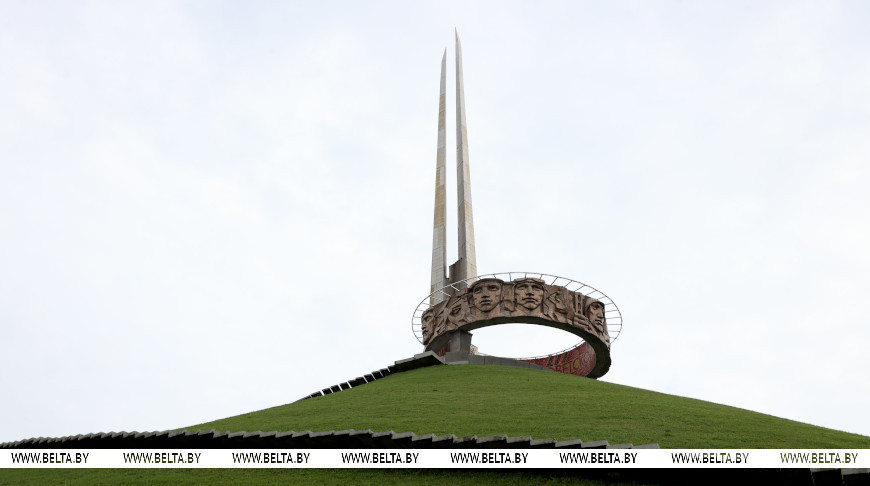
The reconstructed Mound of Glory was opened near Minsk to mark the 60th anniversary of Belarus' liberation from the Nazis. The ceremony was attended by the leaders of Belarus, Russia and Ukraine. Learn more about this event in the new episode of BelTA's YouTube-project “After the Fact: Lukashenko’s Desicions”.
The monument was unveiled on 5 July 1969 to mark the 25th anniversary of the liberation of Belarus from the Nazis. By the early 2000s it became clear that the memorial complex needed a makeover. The president of Belarus ordered to carry out repair works, and when the Federation of Trade Unions suggested taking the monument under its patronage, the head of state supported the idea.
The renovated Mound of Glory re-opened on 1 July 2004. In the first half of the day Aleksandr Lukashenko laid a basket of flowers at the foot of the memorial and made a speech.
“The collapse of the Soviet Union created an enormous devastation in minds. The devastation inflicted from the outside and fiercely heated up by nationalists from inside the country. Insolent nationalists manipulated both the government and the parliament of the country. Everything related to the Soviet Union, including the great Victory and the Victors, was rejected. Here, in Belarus, in the partisan country, nationalists tried to present partisans as bandits and German accomplices as fighters for the national idea. In this environment, the monuments of the Great Patriotic War, including the Mound of Glory, were falling into disrepair,” the head of state said.
In his words, the Mound of Glory is a symbol of military valor and brotherhood in arms. “Time highlights the meaning and essence of the symbols left over to use by our ancestors. The armies that joined here for liberation battles is seen today as a memorable unity of all Soviet peoples, invincible by their common desire for freedom, social and spiritual progress. And first of all, Russians, Ukrainians, Belarusians, who form the civilization of the Eastern Slavs, decorated with pearls and gems of other peoples. From the top of this Mound of Glory we can see our common past and can look into the future. I believe that despite all hardships and trials, our brotherly nations will pave the way to a worthy future. The war veterans who liberated the world from fascism will not feel ashamed of us, our children and grandchildren. We must honorably fulfill the promise of our glorious fathers and grandfathers to preserve the unity of brotherly peoples, to protect their peaceful and happy life,” Aleksandr Lukashenko said.
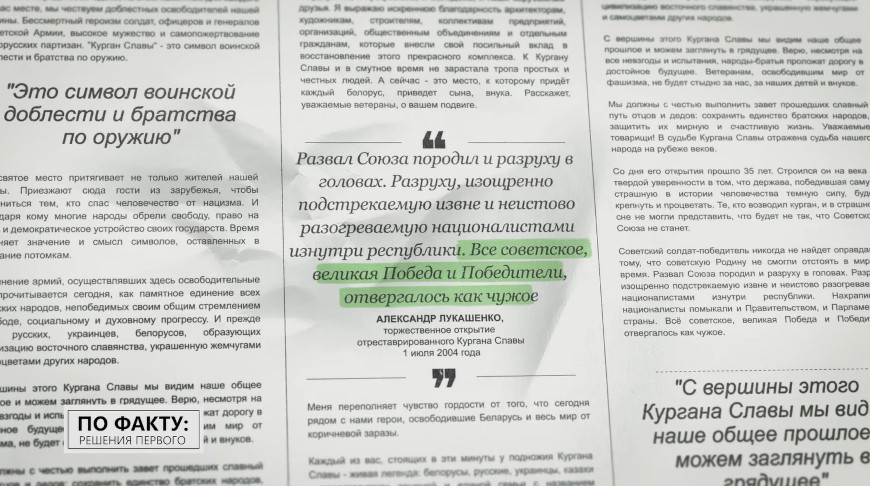
Afterwards, the president presented the first anniversary medals “60th Anniversary of the Liberation of the Republic of Belarus from Nazi invaders” to more than 100 participants of the Great Patriotic War - citizens of Belarus, Ukraine, Russia, Kazakhstan and other states who took part in the liberation of the country, and talked to the veterans.
The solemn events did not end with this however. In the evening, Presidents of Russia and Ukraine, Vladimir Putin and Leonid Kuchma, visited the Mound of Glory together with Aleksandr Lukashenko. The leaders of the three countries laid flowers at the foot of the memorial and honored the memory of those killed during the Great Patriotic War. Later in the evening, the heads of state took part in a commemorative meeting at the Khatyn State Memorial Complex.
A few weeks later, Aleksandr Lukashenko would mention these events at a press conference: “I was impressed what impact Khatyn left on them, on Vladimir Vladimirovich in particular. Vladimir Vladimirovich Putin said that he had never seen such emotional things in the world before. They also liked the Mound of Glory. In general, these are the people who know Belarus very well and often visit it, so it is hard to surprise them, but they have been deeply impressed by Khatyn.”
The renovated Mound of Glory re-opened on 1 July 2004. In the first half of the day Aleksandr Lukashenko laid a basket of flowers at the foot of the memorial and made a speech.
“The collapse of the Soviet Union created an enormous devastation in minds. The devastation inflicted from the outside and fiercely heated up by nationalists from inside the country. Insolent nationalists manipulated both the government and the parliament of the country. Everything related to the Soviet Union, including the great Victory and the Victors, was rejected. Here, in Belarus, in the partisan country, nationalists tried to present partisans as bandits and German accomplices as fighters for the national idea. In this environment, the monuments of the Great Patriotic War, including the Mound of Glory, were falling into disrepair,” the head of state said.
In his words, the Mound of Glory is a symbol of military valor and brotherhood in arms. “Time highlights the meaning and essence of the symbols left over to use by our ancestors. The armies that joined here for liberation battles is seen today as a memorable unity of all Soviet peoples, invincible by their common desire for freedom, social and spiritual progress. And first of all, Russians, Ukrainians, Belarusians, who form the civilization of the Eastern Slavs, decorated with pearls and gems of other peoples. From the top of this Mound of Glory we can see our common past and can look into the future. I believe that despite all hardships and trials, our brotherly nations will pave the way to a worthy future. The war veterans who liberated the world from fascism will not feel ashamed of us, our children and grandchildren. We must honorably fulfill the promise of our glorious fathers and grandfathers to preserve the unity of brotherly peoples, to protect their peaceful and happy life,” Aleksandr Lukashenko said.

Afterwards, the president presented the first anniversary medals “60th Anniversary of the Liberation of the Republic of Belarus from Nazi invaders” to more than 100 participants of the Great Patriotic War - citizens of Belarus, Ukraine, Russia, Kazakhstan and other states who took part in the liberation of the country, and talked to the veterans.
The solemn events did not end with this however. In the evening, Presidents of Russia and Ukraine, Vladimir Putin and Leonid Kuchma, visited the Mound of Glory together with Aleksandr Lukashenko. The leaders of the three countries laid flowers at the foot of the memorial and honored the memory of those killed during the Great Patriotic War. Later in the evening, the heads of state took part in a commemorative meeting at the Khatyn State Memorial Complex.
A few weeks later, Aleksandr Lukashenko would mention these events at a press conference: “I was impressed what impact Khatyn left on them, on Vladimir Vladimirovich in particular. Vladimir Vladimirovich Putin said that he had never seen such emotional things in the world before. They also liked the Mound of Glory. In general, these are the people who know Belarus very well and often visit it, so it is hard to surprise them, but they have been deeply impressed by Khatyn.”




